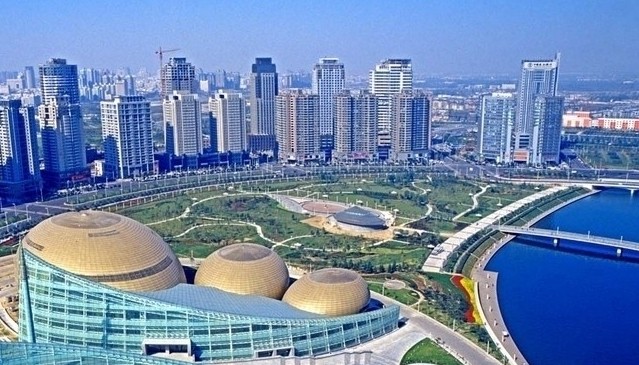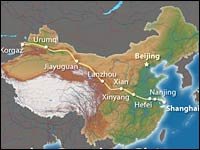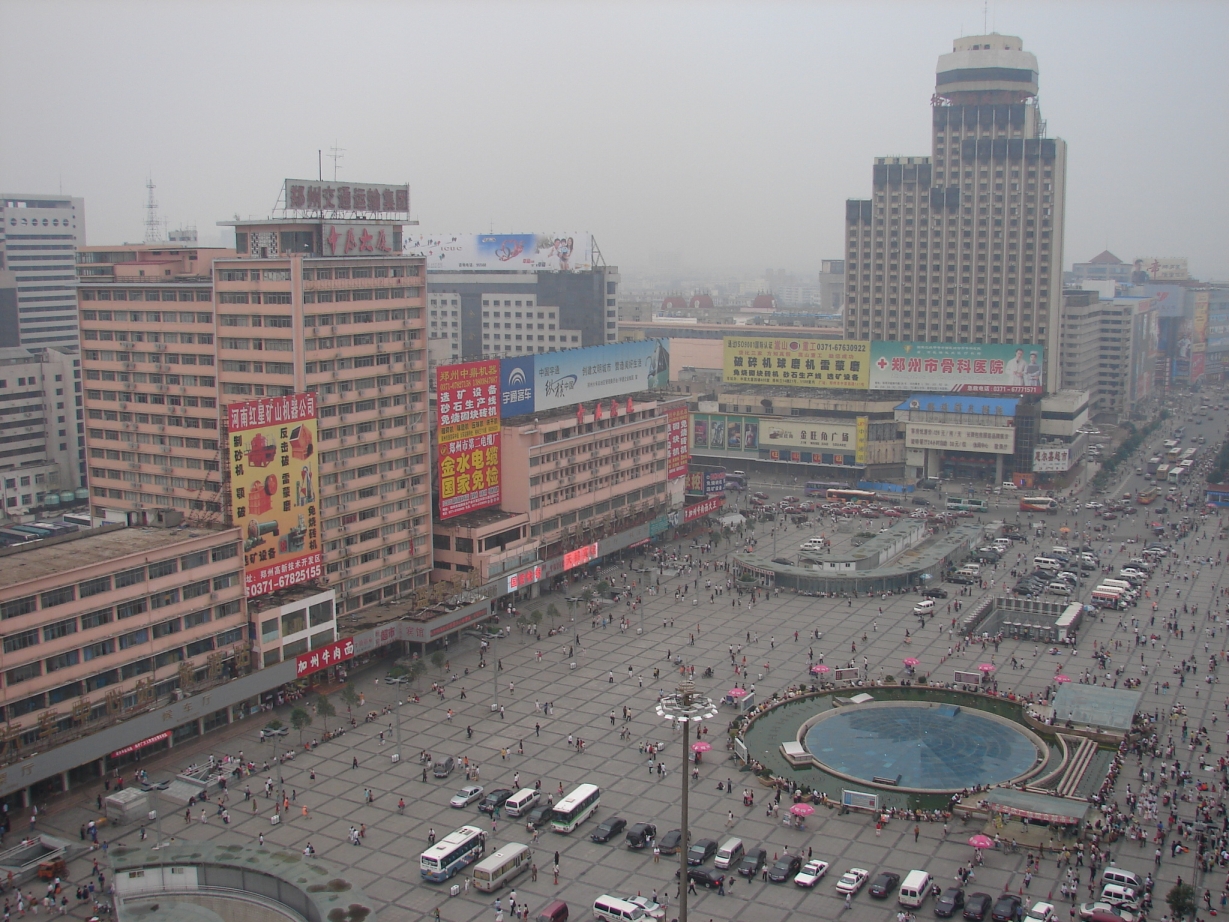Journalism may be a dying profession in the U.S., but it’s apparently thriving in China.
Using a translator, I spoke to a class of 300 journalism students at Henan University of Technology yesterday. They were very enthusiastic about becoming reporters, editors and broadcasters. They asked a lot of insightful questions about the role of journalists in society, and were interested in the risks and rewards of such a career.
Some of them wanted to know about the difference between journalism in the U.S. and China. I’m not sure they fully understand the concept of a free press because they live in a country where the media is controlled by the state. But they did ask whether journalists should try to solve the problems that they report about. I explained that some journalists are content to just give the facts, while others express their opinions and get involved in social causes.
One female student mentioned the controversy over local government enforcers known as chengguan, who crack down on scofflaw street vendors. Several vendors have died after being beaten by chengguan, and a meat-skewer salesman was executed for killing two enforcers in what he claimed was a case of self-defense. The execution drew widespread criticism from Chinese commentators and human rights groups.
“I think journalists should do something about this problem,’’ the student said.
Several students asked me if journalism was a dangerous profession, particularly when covering wars and crime. They also wanted to know how to deal with angry readers and subjects of stories who feel they were treated unfairly.
“Were you ever so scared to put away your notebook?’’ one student asked.
I said that while it’s rare for a journalist to be in physical danger, it’s common for people to get upset over stories they read. I told them that you have to develop a thick skin to be a good journalist, but that you should be willing to listen to complaints and correct any mistakes you make.
Before taking questions, I gave the students a brief overview of my career. I told them that I worked for many news organizations and done a variety of jobs, including sports writer, investigative reporter, movie critic, columnist and editor.
They wanted to know about famous people I had met. I mentioned Matt Damon, Paul McCartney and Jimmy Carter, but the person who got the biggest reaction was Michael Jordan. If the U.S. wants to improve its relationship with China, President Obama should appoint MJ as a special ambassador.





Hi Rick, Elissa Warner recommended your blog. Looks fascinating!
Jim Gregoric